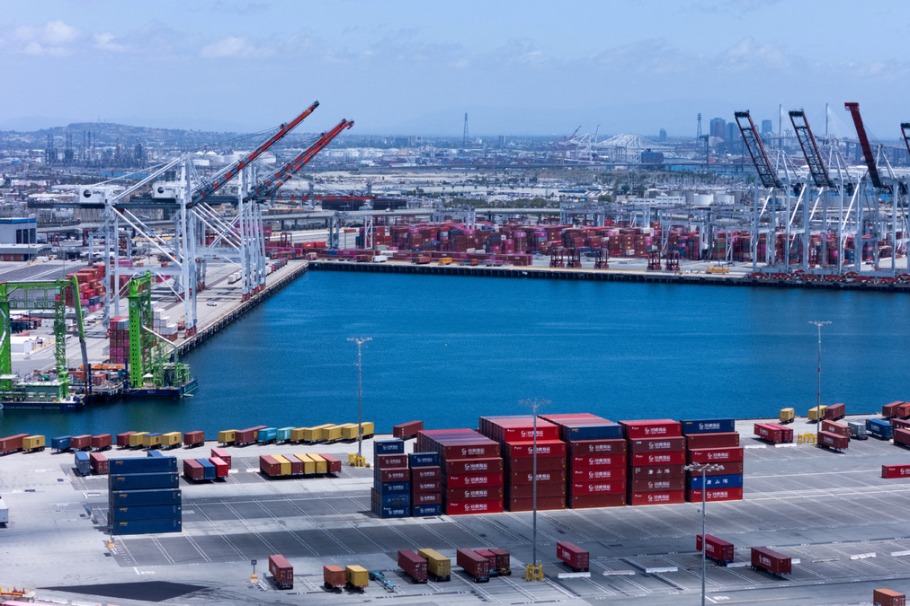Germany's tougher border controls show early impact, but raise sustainability concerns

BERLIN - Amid growing migration pressures, Germany's recently intensified border controls and increased asylum rejections are beginning to yield results. Even as the Federal Ministry of the Interior showed no signs of rolling back, the police union warned on Monday that the measures are not sustainable in the long run.
Shortly after taking office, Federal Interior Minister Alexander Dobrindt ordered a sharp increase in border checks and authorized the rejection of asylum seekers directly at entry points. Within a week, the number of rejections rose by nearly 50 percent, according to the minister.
However, the police union has raised alarms over the strain on federal police forces. Andreas Rosskopf, chairman of the German Police Union was quoted by the Funke Media Group as saying Monday that the current level of control is only feasible due to extraordinary measures such as restructured duty rosters, suspended training, and halted overtime leave.
"The police can only maintain the intensive controls for a few more weeks," Rosskopf warned. More than 1,000 riot police officers have been deployed in border regions over recent days.
Rosskopf noted concerns from within the security services about long-term staffing, including whether federal police can continue supporting state authorities as before, such as during football matches and demonstrations.
Criticism has also emerged at the European level. Katarina Barley, vice president of the European Parliament, has described the early impact of the controls as "very limited" and instead recommended covert, random identity checks as a more sustainable solution. "The Schengen Area is one of Europe's greatest achievements," she emphasized.

































